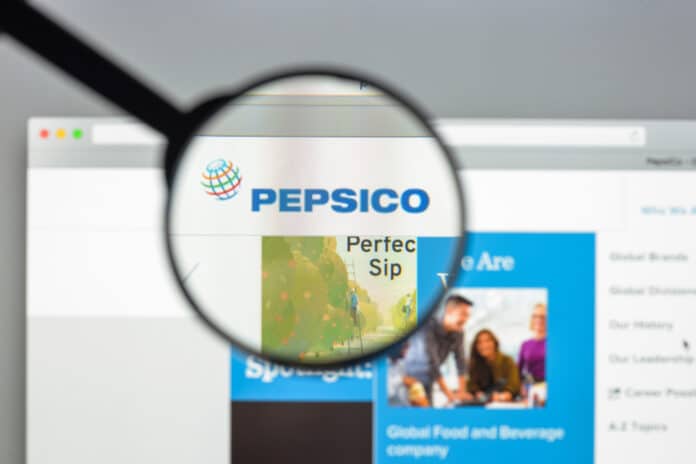Food and beverage stocks haven’t performed well lately, but this menu of stocks shows the sector bouncing back.
Food stocks have underperformed in recent years, leaving a sour taste in investors’ mouths.
Take the benchmark Invesco Food and Beverage ETF (PBJ), which is only up 1.4% year to date, against 7.1% for the S&P 500. The fund holds a wide array of consumer staples and discretionary food stocks, including DoorDash (DASH), Kroger (KR), and KraftHeinz (KHZ) — all standout choices within a traditionally stable sector.
There’s plenty of blame for the ho-hum food stock sector. Even as it moderates, inflation has increased prices for essential food and beverage items by 10% to 20%, affecting staples such as eggs, steaks, and peanut butter.
While improving, ongoing supply chain slowdowns have also fed food prices, as it costs more to ship Belgian endives and tropical bananas across the sea and into U.S. grocery stores. A slowing labor market has led to more unemployment, which keeps consumers away from eateries and bars and further curbs food stock growth.
However, much like an urban bachelor using limited fridge ingredients, the food and beverage sector offers some compelling opportunities for hungry and eager investors.. These picks are at the top of the list.
Potbelly Corporation (PBPB)
Year-to-date performance. 28.31%
Why we like it:
With an 11.5% sales growth in the fourth quarter of 2023 and average weekly restaurant sales around $24,900, Potbelly demonstrates strong performance in the competitive restaurant market. Analysts also expect earnings per share to rise from $0.16 in 2023 to $0.25 in 2024.
Potbelly is one of those momentum stocks with durability, as it’s easily outperformed the S&P 500 in the past quarter and the past year.
Kroger Co. (KR)
Year-to-date performance. 10.46%
Why we like it:
Kroger suffered a blow when the U.S. Federal Trade Commission challenged its proposed merger with Albertsons earlier this year. However, the deal has yet to be officially rejected so a combination remains a theoritical possibility.
Regardless of the outocme, Kroger remains one of the most high-profile grocery stores in the U.S., with 1,200 locations in 12 states, many of them coming with gas stations attached. Durability is a factor with KR, as the company has generated 5.6% compound annual growth over the past decade and has boosted its dividend three-fold to 14% over the past five years.
Kroger is a pure-play grocery stock whether the FTC gets its way or not.
PepsiCo (PEP)
Year-to-date performance. (-) 4.3%
Why we like it:
Few companies (if any) beat PepsiCo when it comes to leading food brands. The company counts reliably high-selling consumer beverage staples like Pepsi, Mountain Dew, and Gatorade top the list. It also owns popular food brands like Lay’s, Doritos, Quaker Oats, and Cheetos.
Despite climbing food prices, PepsiCo’s products have largely remained impervious to decreases in consumer spending, with the company projecting an 8% increase in organic revenue and a 9% rise in adjusted earnings per share for 2024. A steady dividend yield of 3.10% should also appeal to income-minded investors.
Short-term woes from its American stores led to a recent rare revenue miss for PEP, but don’t expect that dip to last too long. PepsiCo is a reliable performer who should pivot to bounce-back mode in 2024.

